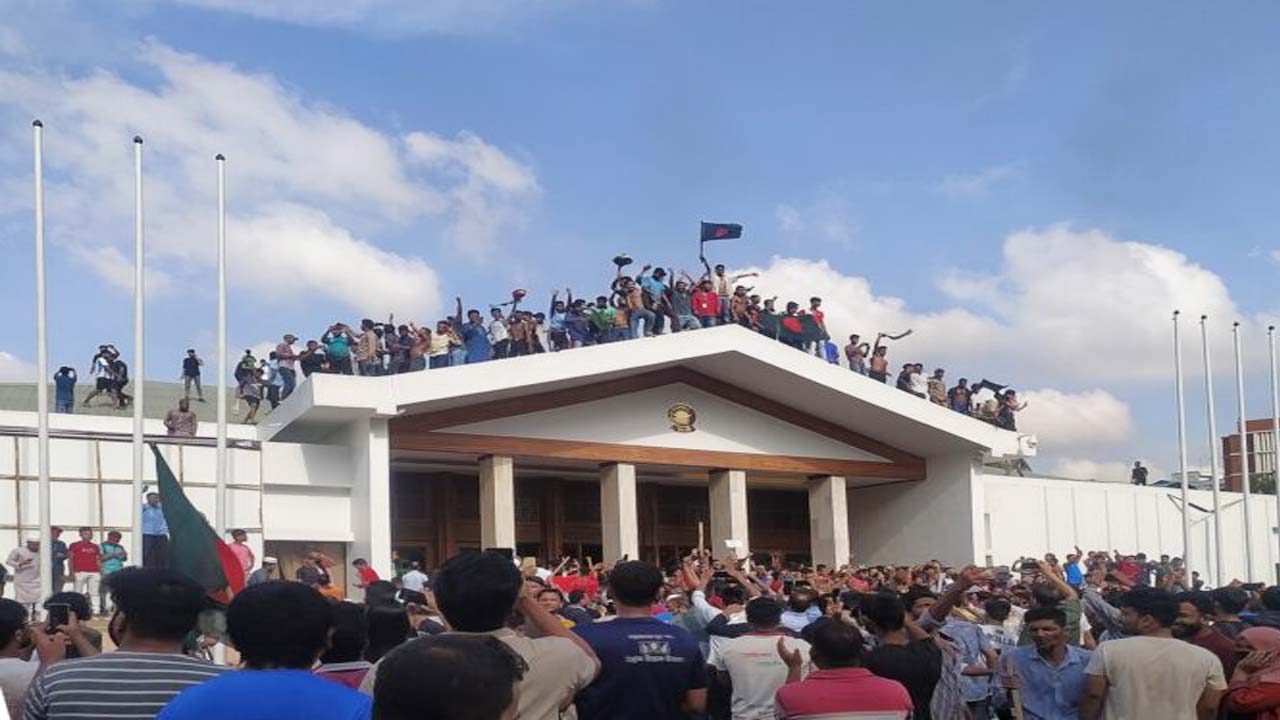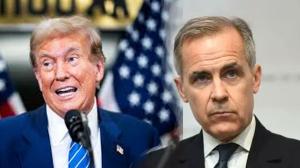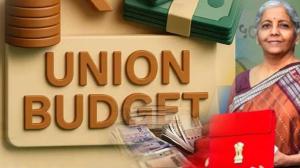
Bangladesh, Dhaka:Recent turmoil in Bangladesh, highlighted in an article by Daniel Falcone for Counterpunch, showcases the country's deepening crisis amid political, economic, and social upheavals. Expert insights reveal that extreme political tensions are at the core, particularly regarding the legitimacy of elections and the opposition between the Bangladesh Nationalist Party (BNP) and the Awami League. The resulting protests and resistance have faced severe political repression, reflecting a broader pattern of repression in response to dissent.
Economic challenges have compounded the crisis, with rising costs of living, economic inequality, and widespread corruption intensifying public discontent. The banking sector's soaring default loans and lack of reform have exacerbated financial instability, while allegations of money laundering and emigration of funds have further undermined trust in the government. Recent policies, including restrictions on movement and enforced disappearances, have been used to suppress dissent and silence criticism.
The 2024 election cycle has been marred by allegations of fraud and a lack of political freedom. Reports of ballot box stuffing and diminished voter turnout have fueled anger, particularly among the younger Generation Z who were disenfranchised. The suppression of free speech, intensified by draconian laws and censorship, has further fueled unrest, with talk shows and social media being targeted to stifle criticism of the government.
The economic strain and debt problems have reached a breaking point, particularly with the impact of recent price hikes and infrastructure development projects. This has led to student-led protests and demands for justice, reflecting a broader frustration with privatization and job cuts. The legacy of past independence movements has resurfaced, with the current student movement drawing comparisons to historical struggles for liberation.
The recent unrest has seen significant achievements, including a shift in political leadership with Professor Yunus's interim government. Despite some progress, such as the reopening of schools and investigations into money laundering, security remains a concern. Press coverage varies, with some focusing on the interim government and others highlighting the role of civic groups and indigenous movements. Looking forward, the future of Bangladeshi politics remains uncertain, with questions about Yunus's ability to navigate the country's turbulent political landscape.












